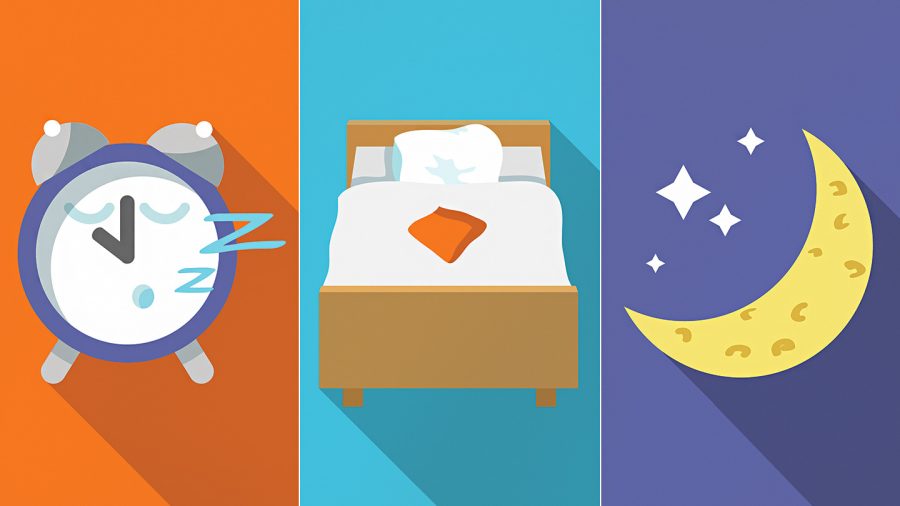The presence of sleep disturbances at any age throughout early childhood is associated with decreased well-being by age 10 or 11, new research conducted by Children’s Hospital of Philadelphia suggests.
According to their study published in the Journal of Child Psychology and Psychiatry, researchers recommend the screening of children for sleep disturbances at every age for early intervention before the onset of severe impairments.
“Our study shows that although those with persistent sleep problems have the greatest impairments when it comes to broad child well-being, even those with mild sleep problems over time experience some psychosocial impairments,” said Ariel Williamson, co-author of the study.
For the study, the research team scoured through data of more than 5,000 participants from an Australian birth cohort. In the data, caregivers assessed and reported any sleep adversities from birth up until age 10 or 11.
For the assessment of children’s well-being, researchers used psychosocial measures like self-control, behavioral health, and academic performance measures.
“Latent class analysis identified five distinct sleep problem trajectories over time: persistent sleep problems through middle childhood (7.7% of the sample), limited infant/preschool sleep problems (9.0%), increased middle childhood sleep problems (17.0%), mild sleep problems over time (14.4%) and no sleep problems (51.9%),” the findings state.
The findings showed that children who experienced long-term sleep problems exhibited the greatest academic and psychosocial impairments.
“The linkages between sleep problems and negative child outcomes across domains underscore the importance of early identification and targeted intervention to address sleep problems and promote child well‐being,” researchers concluded in their findings.


